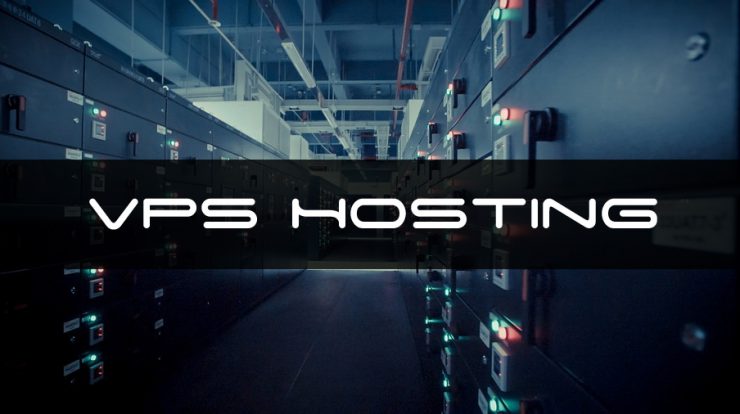A Virtual Private Server, or VPS, is essentially a virtual machine sold by an internet hosting service that you can purchase access to as a service. A VPS has its own OS, and since customers often have superuser access, they can install any software that runs on that OS. It’s the virtual equivalent of a dedicated physical server, which is why you’ll sometimes see this kind of service offered as a VDS or Virtual Dedicated Server.

How does VPS work?
The quirk of a VPS is that it’s virtual, which means multiple VPSs can be run out of just one physical server. Typically, the physical server is running a hypervisor, which permits the creation and management of a number of “guest” operating systems all run on the same physical server. These independently functioning guest systems form their own virtual machines, super level access to which is sold to the customer as a VPS.
Each of these operating systems shares the resources allocated by the physical server, but users only have access to the resources allocated to their own system. This essentially gives you free reign over your VPS; since it has its own, fully-fledged OS that can be independently rebooted at any time, you can install and use almost any software you want, as long as it’s compatible with the OS.
Also Read: Best Cheap Seedbox Service Providers
The only drawbacks to keep in mind are, since your VPS is sharing physical space with other servers, VPSs usually have limited processor time, RAM, and disk space in comparison to a full physical server.
Why Should I Switch to a VPS?
The number one reason people switch from shared hosting to a VPS is privacy. It’s right there in the name. A VPS is personal and private, for your use only. You don’t share a VPS with anyone else, which means you don’t share the resources dedicated to your VPS with any other users.
This kind of privacy also means more control over your server. Most VPSs will provide you with super level and/or full root access, which essentially gives you the freedom to do whatever you want. Any functions or resources that were limited or barred from you in the past are now fully accessible if you want them.
This means that you can host as many databases, domains, and FTP accounts as you can cram into your disk space, with no administrative barriers to hold you back.
Also Read: Why do you need PDF Files for your Business?
Another practical reason to switch to VPS is that VPSs can handle a lot more internet traffic than a shared host. Since all of the resources on a VPS are specifically isolated for your use, you don’t have to worry as much about those resources being used up. For this reason, websites tend to run a lot faster on VPSs, sometimes astonishingly so. And of course, the faster the loading time on your website, the easier it is to use, and the more traffic it will generate.
Finally, and for some obvious reasons, a VPS is simply more secure than a shared host. Even if you do the bare minimum in securing your server, you’re still in a private, fully-dedicated network. The fact that you’re simply not sharing the server with other people goes a long way toward preventing other people from accessing your data, and your data security on increases if you take the proper steps to configure the security settings on your VPS.
Do you need VPS hosting? No, especially if you have a small website that doesn’t get a lot of traffic. However, if growing your website is something you take seriously, then a VPS is definitely something to think about. There may also come a time when you want to install an application that is restricted by your shared host, or you constantly find yourself using up the resources for e-mails, FTP accounts, and/or databases. In either of these situations, a VPS is an easy fix that can make the general management of your server a lot easier.
How do I Purchase a VPS?
Many web hosting companies are now offering VPS hosting as an extension of their typical services. Keep in mind that “unlimited” VPS hosting is a common sales gimmick – in theory, it means you can use the server in literally any way you please, but in practice, any responsible server will come with acceptable usage policies and terms of service. You can find some best deals suggested by many people on various social media platforms like Quora etc.
Also Read: Difference Between SeedBox vs VPN? Explained Clearly
In general, any offer of unlimited disk space or bandwidth should be considered a red flag, since cost, carrier capacities, and simple technological realities make truly unlimited disk space or bandwidth impossible.